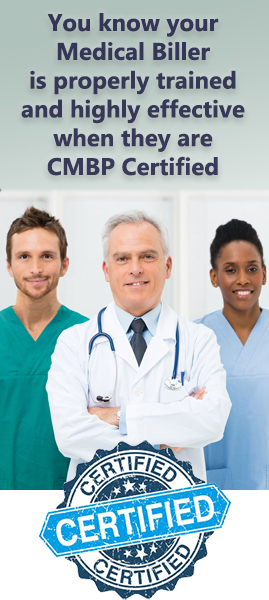Learn the Steps of the Health Insurance Claim Cycle
- 01/23/2023
- Posted by: Medical Billing Course
- Categories: Home Business, Medical Billing, Medical Billing Course, Medical Billing Jobs

How the Health Insurance Claim Cycle Affects you as a Medical Biller
One of the first steps to becoming a certified medical biller is to learn the phases of the health insurance claim cycle. Knowing the phases will help you be informed and effective in your position. As a medical biller, you are responsible for submitting the bill to the insurance company. You are also required to understand the insurance coverage and accuracy of claims as they come through. You follow the claim cycle from beginning to end.
The Steps in the Insurance Claim Cycle
Let’s go through each step to gain an understanding of the standard claim cycle process flow.
1. Cost of Services Need to Be Reviewed with the Insurance Company: After a patient with health insurance goes to a medical provider, a list of services is determined for review with the insurance provider. This claim is created with identifiable codes and sent to the insurance company.
2. Insurance Company Reviews the Claim: During claims processing, the insurer reviews the codes listed on the claim and determines if the services rendered were covered and medically necessary.
3. Insurance Paid Portion is Paid to the Medical Provider: If the insurance company determines all or some of the claims are approved, they will pay their covered portion to the medical provider.
4. Insurance Company Generates Explanation of Benefits: After claims processing, the insurer will generate an EOB (Explanation of Benefits) laying out what has been paid and what the patient’s responsibility owed to the medical provider is. EOBs are not a bill.
5. The Rest of the Bill is the Patient’s Responsibility: At this point, the bill has gone through all of the steps of the health insurance claim cycle with the insurance company and medical provider. There may be an amount leftover on the statement of what the insurance didn’t cover. The amount left on the account is the patient’s responsibility to pay.
Knowing the steps will help you as a medical biller understand the process flow, be proficient, and recognize why your part is essential in the health insurance claim process.

